Burundi
The International Criminal Court (ICC) has expressed concerns over the decision by Burundi to withdraw from the court.
According to the ICC president in a terse statement released on Tuesday, ‘‘The withdrawal from the Statute by a State Party would represent a setback in the fight against impunity and the efforts towards the objective of universality of the Statute,’‘ H.E. Sidiki Kaba said in a statement.
He further called upon the Burundian authorities to engage in dialogue with the ICC over any concerns they had with the court’s operation.
“I remind that all States Parties have the opportunity to share their concerns before the Assembly of States Parties in accordance with the Statute and invite the Burundian authorities to engage in a dialogue.”
The Burundian parliament last week through a landslide vote accented to the decision by the government to leave the ICC. The government presented a draft law asking to withdraw from the ICC because “We found that it was necessary to withdraw from that organization so we can really be free,” First Vice President Gaston Sindimwo said.
BREAKING: In a blow to efforts at justice, Burundi lawmakers vote to withdraw from the Rome Statute of the Int'l Criminal Court. #ICC pic.twitter.com/UBgUrdakcM
— joanne mariner (@jgmariner) October 12, 2016
The ICC had announced that it will investigate the April 2015 violence that resulted in the death of at least 450 people with thousands fleeing the country.
The United Nations (UN) also released a report in September accusing the Burundian government of carrying out human rights abuses. Consequently, the government threw out three UN rights investigators and severed cooperation with the UN rights body.
The government also accused the UN of bias and called the investigators politically motivated. Hundreds of protesters later marched along the streets of Burundi’s capital Bujumbura denouncing the UN report.
European nations and the United States have led efforts to put pressure on the country with aid cuts. The EU advised that it will resume funding if the government frees up the media, deals with rights abuses and launches genuine peace talks.
Violence in the country erupted after President Pierre Nkurunziza announced a third term bid, he eventually won in elections that were criticised by the opposition, they described it as unconstitutional.



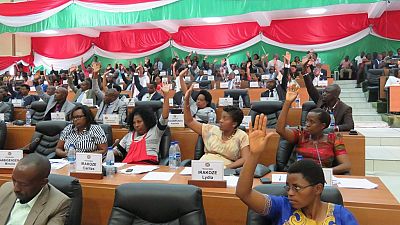

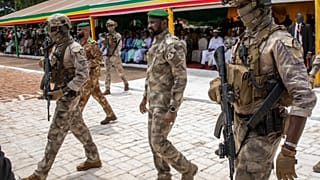
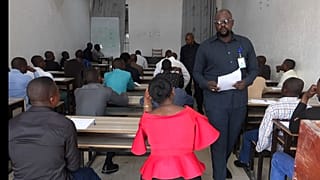

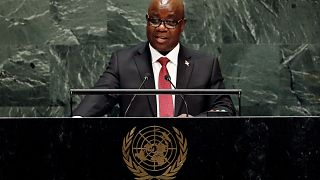
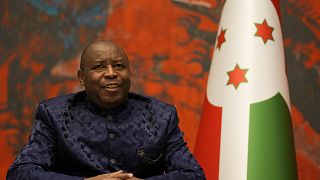
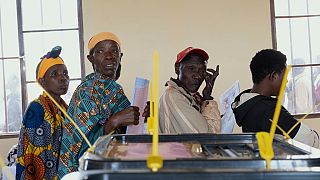
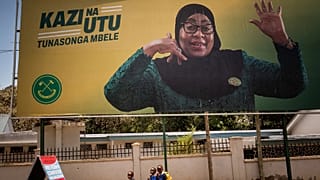
01:43
Sudan's Ambassador urges global action against RSF for war crimes
02:32
Expert Urges Africa to Fix, Not Abandon, the ICC
35:27
The Sahel Alliance leaves the ICC… should the rest of Africa follow? [Africanews Debates]
Go to video
Meta agrees to $32.8 Million data privacy settlement with Nigeria
01:24
UN welcomes ICC’s first Darfur war crimes conviction
00:59
ICC convicts Darfur Militia leader for war crimes